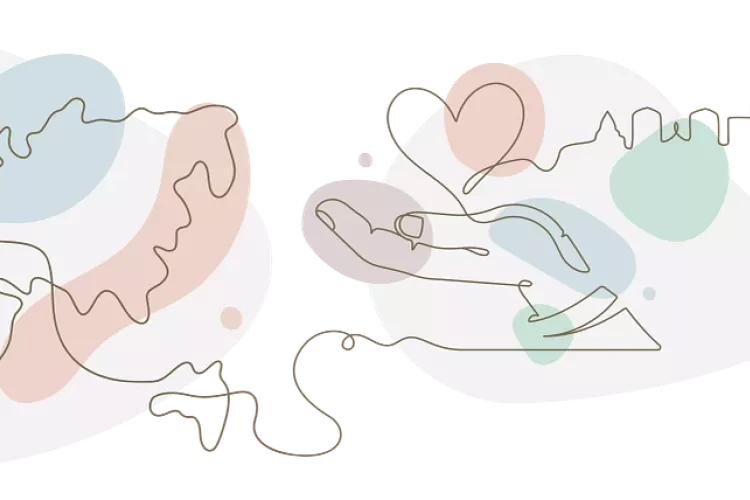Clinical librarians learning medical theories and practice to benefit patrons
October 2, 2024To benefit their patrons – physicians, clinicians, medical and dental students – clinical librarians at the University of Louisville’s Kornhauser Library are actively seeking to deepen their understanding of contemporary medical theories and practice.
This summer, Assistant Director and Clinical Librarian Vida Vaughn attended the Evidence-Based Clinical Practice (EBCP) workshop at McMaster University in Ontario, Canada. Her main goals were to learn how to assess biostatistics in medical literature, expand her awareness of evidence-based practice, and become a better clinical librarian and teacher.
She soon realized that biostatistics analysis “is a graduate program in itself. But I came away knowing I can look at the literature more competently now.”
Vaughn’s work involves teaching students and clinicians on the Health Sciences Campus in the classroom setting, small groups or one-on-one, and also partnering with other medical educators. She said the workshop has helped her work more effectively, particularly with medical faculty at UofL. Gaining their buy-in and confidence is a constant mission and is based on hard work, she said.
“They have so much advanced medical knowledge and training that it can be challenging,” said Vaughn. “You have to work very hard to prove yourself, to begin to gain a level of trust. But when you help solve someone’s problem for them, they become your best advocate.”
The immersive, week-long workshop is designed to benefit physicians, nurses, dentists, clinical librarians and other health-care professionals who learn more about EBCP – and how to teach it – in a small-group setting. EBCP is a contemporary approach to healthcare practice that “explicitly acknowledges the evidence that bears on each patient management decision, the strength of that evidence, the benefits and risk of alternative management strategies, and the role of patients’ values and preferences in trading off those benefits and risks.”
All attendees work for 10-hour days throughout the week to explore a broad curricula. Vaughn worked alongside three family practice physicians, two naturopath physicians, an optician, a research professor, a mentor in training, and another clinical librarian.
“It was extremely extensive, very intense. Everyone leaves completely exhausted,” she said.
What surprised her most was how clinicians view her work as a librarian.
“I learned how much physicians crave the assistance of a librarian. When they heard what I do for UofL Physicians, they were just amazed and wanted to know how to get something similar started in their organizations. The type of embeddedness and buy-in that exists at our institution is not readily available to many clinicians around the country. At UofL, our clinical librarian team has made a concerted effort to be accepted as part of the medical teams. With some departments, I’m embedded to the point of being considered part of the furniture,” she said.
Vaughn, who is president of the Kentucky Medical Library Association, spoke about the workshop at a recent KMLA meeting.
“Now that we have made this investment in my learning, it’s my turn to come back and teach my staff and colleagues and impart the things I’ve learned,” she said.
Related News



